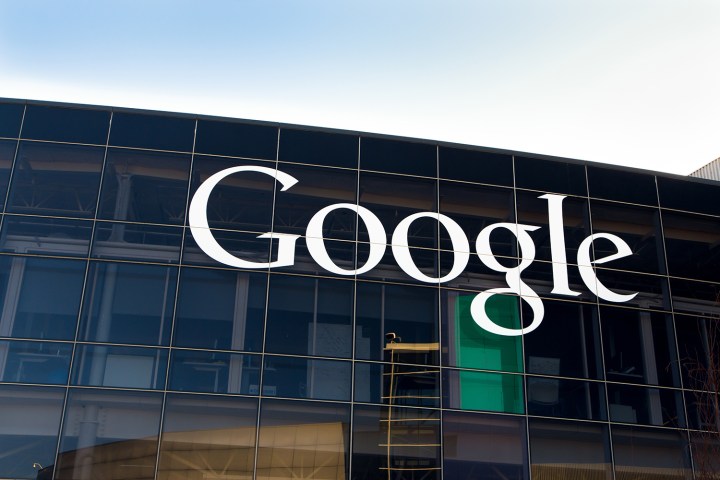
At the center of the dispute in Japan were several cases taken against Google over search results and Google Maps where allegedly defamatory comments made about businesses.
In one of the cases a medical clinic had received negative comments on the mapping service. The clinic believed the comments to be defamatory and in April 2015 the Chiba District Court ruled that the remarks must be removed.
Google appealed the ruling and this week had its way with the court finding that the various comments made on Maps were legitimate customer gripes and did not defame anyone and any business.
In another case, the Supreme Court of Japan ruled against a man that was arrested on child prostitution charges who had demanded that Google remove search results that led to stories about his charges.
The court ruled that the man had no right to removal under these circumstances as the public had a right to know. “The deletion [of the results] can be allowed only when the value of privacy protection significantly outweighs that of information disclosure,” said the judge presiding over the case.
“We are pleased that the Supreme Court has unanimously recognized, based on existing privacy and defamation laws, that any decision to delete information from search results should prioritize the public’s right to information,” said Taj Meadows, Google Asia-Pacific’s head of policy communications.
The cases in Japan had drawn comparisons to the EU’s right to be forgotten, a regulation that allows individuals to request search results pertaining to themselves be removed from Google. The request only removes the link to the story but would make the information harder to find. The rules have become rather contentious, with Google and lawmakers jostling over the right to privacy and what’s in the public interest.
In Japan, things were a little different as while some of the cases were about individuals, businesses had attempted to use these legal mechanisms to scrub negative customer reviews from the web.
Editors' Recommendations
- Here’s why you need to update your Google Chrome right now
- Update Google Chrome now to patch this critical security flaw
- Report indicates Google is discontinuing the Nest Secure system
- Here’s how Google Chrome is about to get more secure
- Your iPhone can now act as a physical Google security key


